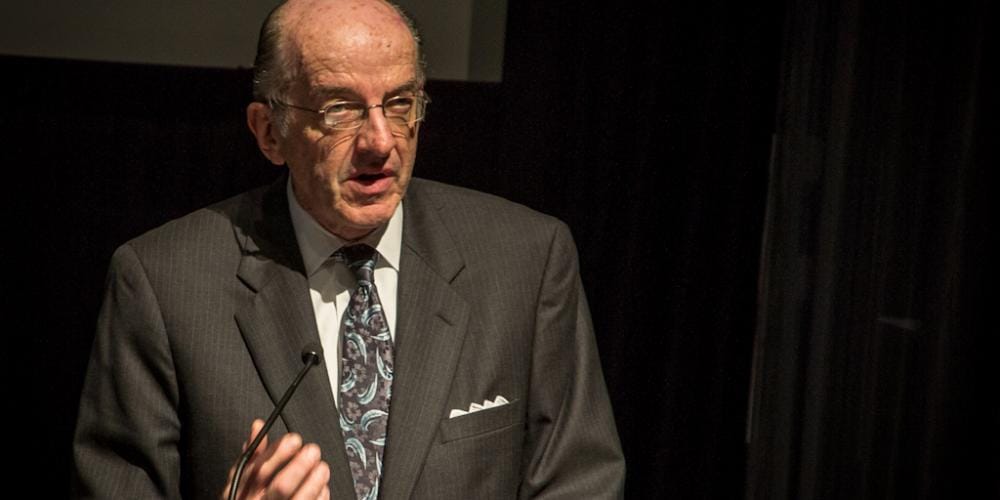Biden Signs Chinese Equipment Ban, Aviation on C-Band, Michael Copps Op-Ed
The newly signed bill puts the U.S. on the offensive against Chinese companies such as Huawei and ZTE.
T.J. York

November 12, 2021 – President Joe Biden on Thursday signed a bipartisan bill banning the Federal Communications Commission from authorizing products that the FCC considers to be potential foreign threats.
Congress passed the law last month with almost unanimous support. It particularly targets products linked to China such as those manufactured by Chinese companies Huawei and ZTE.
The FCC voted unanimously last year to formally classify Huawei and ZTE as national security threats due to the companies’ ties to the Chinese Communist Party and stated concerns over espionage. This vote blocked U.S. telecommunications companies from purchasing the products in question with FCC funds.
Huawei and ZTE were also prominent targets of President Donald Trump’s administration in actions it claimed to be national security measures. Trump signed a law last year that banned federal funds from being used to purchase Huawei equipment and also allocated $1 billion to help the FCC launch a campaign with small telecom companies to rip out and replace equipment deemed a threat.
Huawei is one of the largest global providers of 5G equipment, but recently reported large sales decreases due to the U.S. government measures taken against it. These losses have been exacerbated by the Commerce Department effectively blacklisting Huawei and ZTE.
Further requests for C-band delays from aviation industry
Aviation organizations sent a letter to the White House requesting a delay of C-band deployment in order to ensure “safety and efficiency” of the National Airspace System.
This comes a week after Verizon and AT&T had agreed to delay by a month their launch of C-band spectrum. The aviation industry’s letter requests a further delay in deployment, but does not specify how long.
Verizon and AT&T’s initial delay came as a blow to the companies, particularly Verizon due to its months-long public advertising of C-band’s 5G benefits.
Immediately following the initial delay, questions rose as to whether a delay of a month would be long enough and the letter to the White House came soon after.
CTIA, which represents the wireless industry on legislative and lobbying efforts, refuses to budge from the January date it had set for deployment after the initial delay. It states that years of research has shown that 5G does not in fact interfere with aircraft safety as aviation organizations contend, and blames a lack of motivation for aviation organizations to settle as the cause of prolonged conflict over the issue.
Former Commissioner Michael Copps says communications needs more reform
While the recent bipartisan infrastructure bill makes progress on information access for all, much more reform is needed in the areas of news and media policy says former FCC commissioner Michael Copps.
Copps says in an op-ed for the Benton Institute for Broadband & Society that antitrust action, public interest oversight, investment in public media and national media literacy education are all necessary policies to protect democracy.
He pegs an absence of “substantive results” on issues such as net neutrality, consumer privacy protections, misinformation and disinformation as a troubling indicator for the progress of change in American communications.
Specific actions Copps advocates for include expanded FCC public oversight of telecom and media companies, boosting government funding for public and community media and establishment of major curricular programs in public school systems for education on use of online technology and recognition of biased websites in addition to creation of such an online K-12 program for schools to use immediately.
The op-ed cast blame for a lack of progress on an “obstructionist” Republican Party, a few senators Copps believes to be stubborn and hungry for power, as well as mainstream media that he says is corporatized and treats politics coverage as entertainment in order to make a profit.









Member discussion